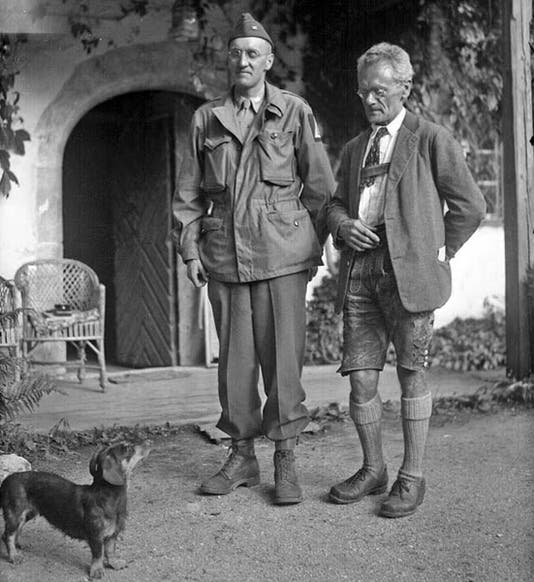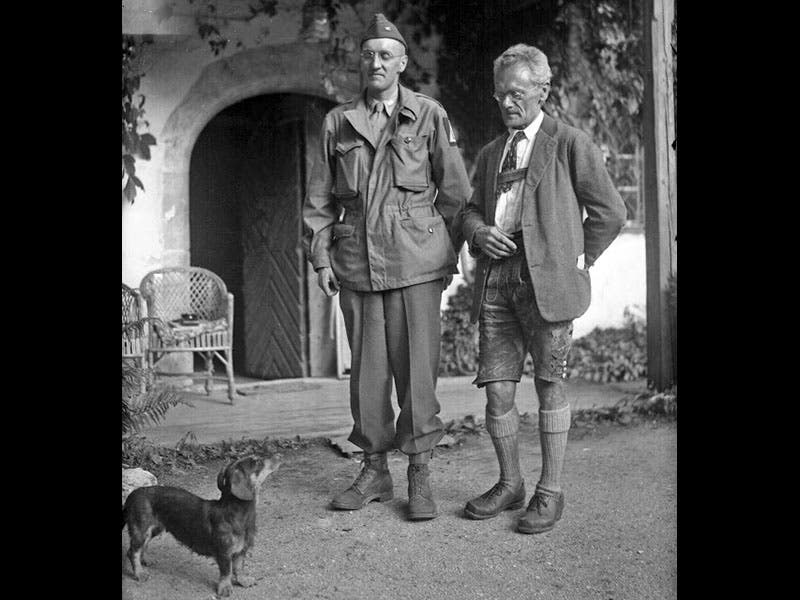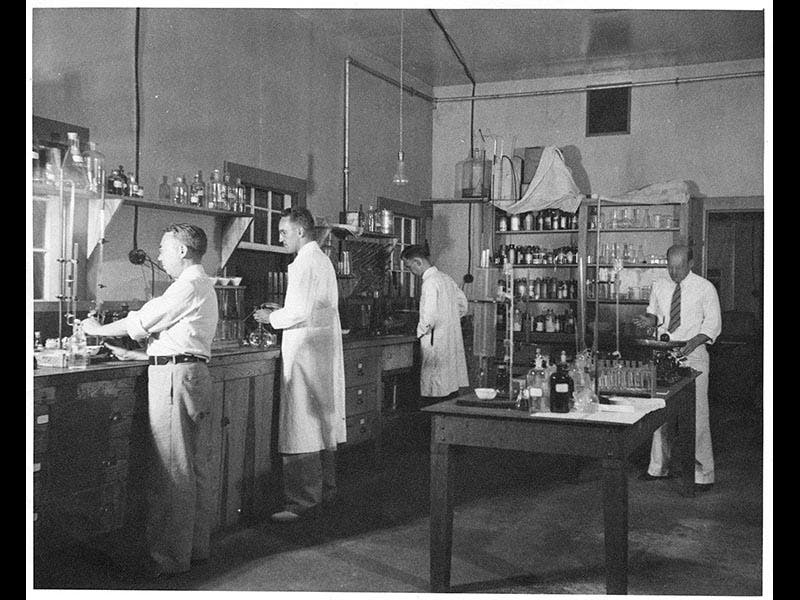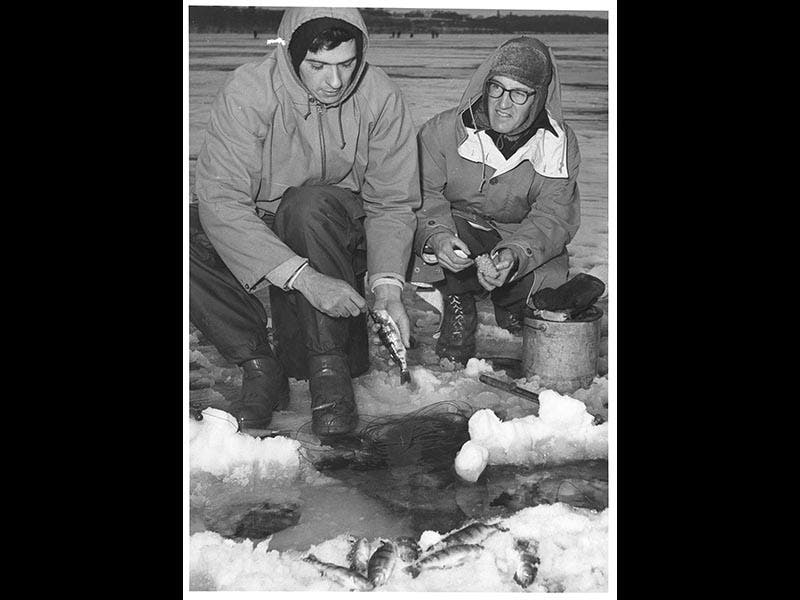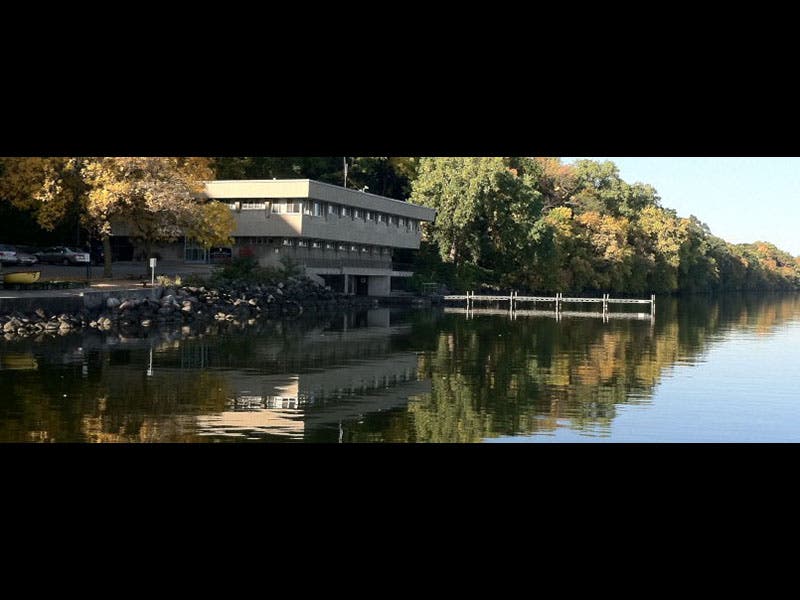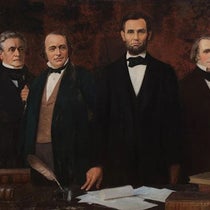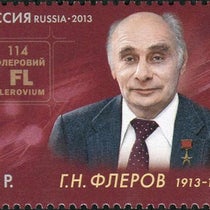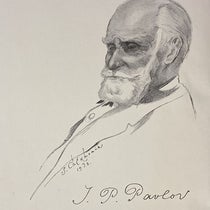Scientist of the Day - Arthur Hasler
Arthur Hasler, an American ecologist, was born Jan. 5, 1908. Hasler taught for many years at the University of Wisconsin in Madison and is one of the pioneers of the study of the ecosystems of lakes. However, his two most notable achievements have nothing to do with lakes. When he was still an undergraduate in Utah, he spent some years as a Mormon missionary in Germany and became very fond of German culture and fluent in the language. Consequently, at the conclusion of hostilities in the Second World War, Hasler was part of a commission (the U.S. Strategic Bombing Survey) sent into Germany to assess the effect of Allied bombing on German cities and, not incidentally, the state of German scientific progress. Hasler had long been an admirer of the work of Karl von Frisch, who started out working on fish, and so Hasler sought him out, having to travel to the mountains of Austria to do so. Von Frisch had recently discovered how honeybees communicate with dance language, and Hasler observed him at work with his bees. The two men spent a great deal of time together and became very close (first image; von Frisch is the one in lederhosen). Von Frisch had been supported during the last part of the war by the Nazi Ministry of Food and Agriculture, and so he might have had problems securing further funding, especially from the Rockefeller Foundation, which had supported him before the war. Hasler went home and convinced the scientific establishment (and the Rockefeller Foundation) that von Frisch had not been a collaborator and that, as a quarter-Jew, his work had suffered as much from Nazi repression as anyone's. It was due to Hasler's intervention on von Frisch's behalf that von Frisch was invited to and welcomed in the United States after the War, and that his work was so well received here. The relationship between Hasler and von Frisch is described in fascinating detail in a recent book, The Dancing Bees: Karl von Frisch and the Discovery of the Honeybee Language (2016) by Tania Munz, a senior staff member here at the Library.
Hasler's other great achievement was the discovery that salmon are guided in their return to their native spawning streams by their sense of smell. Hasler, much later, recounted his own return to his birthplace in Utah after the war, and how he had climbed a mountain trail in the Rockies and had been greeted with a mixed aroma of columbine and moss that evoked a flood of memories of his childhood. It was at that point, Hasler recalled, that he wondered if salmon might be guided by olfactory memory as well. He was later able to demonstrate experimentally that this was so, which was as startling a discovery about fish as Frisch's revelations about honeybee dancing.
Hasler died in 2001, at the age of 93. The research station for lake studies at the University of Wisconsin--Madison is named the Arthur D. Hasler Laboratory for Limnology (fourth image). The other photos above show Hasler at work in Virginia before the War (second image; Hasler is at left-center) and ice-fishing on Lake Mendota in Madison in the 1950s (third image; Hasler is on the right).
Dr. William B. Ashworth, Jr., Consultant for the History of Science, Linda Hall Library and Associate Professor, Department of History, University of Missouri-Kansas City. Comments or corrections are welcome; please direct to ashworthw@umkc.edu.

